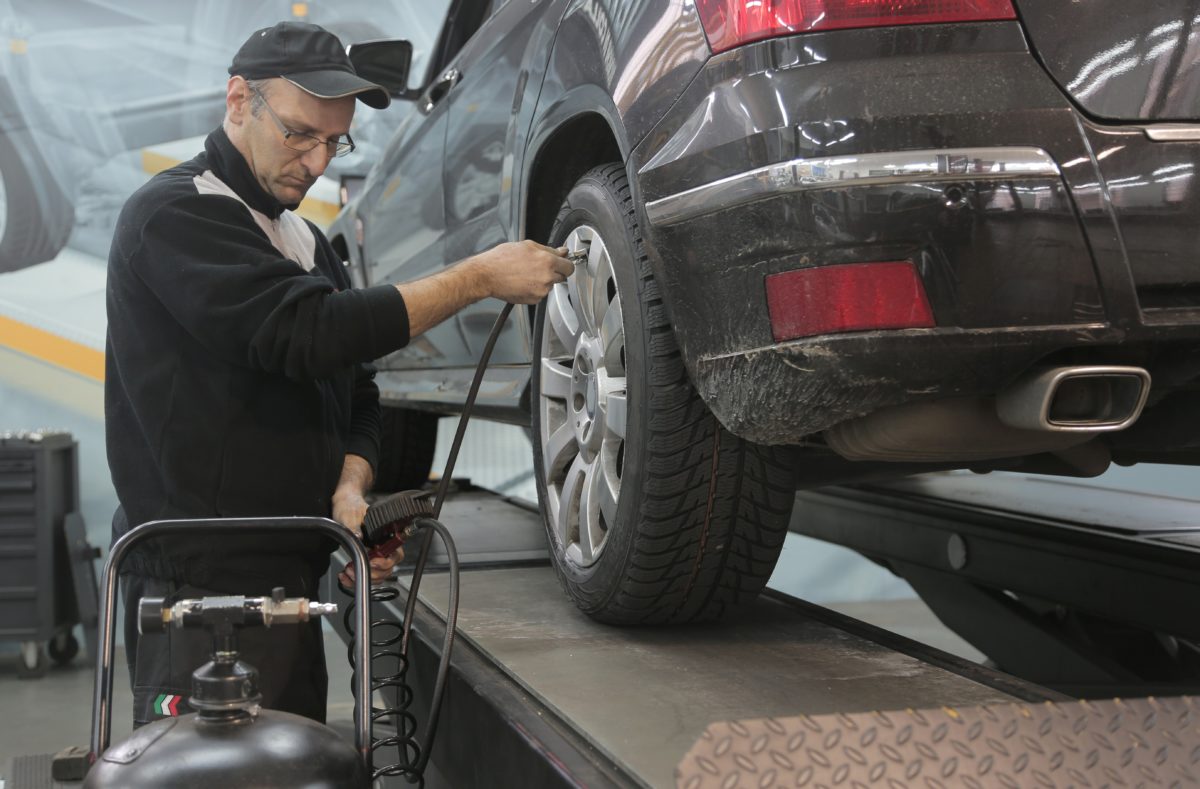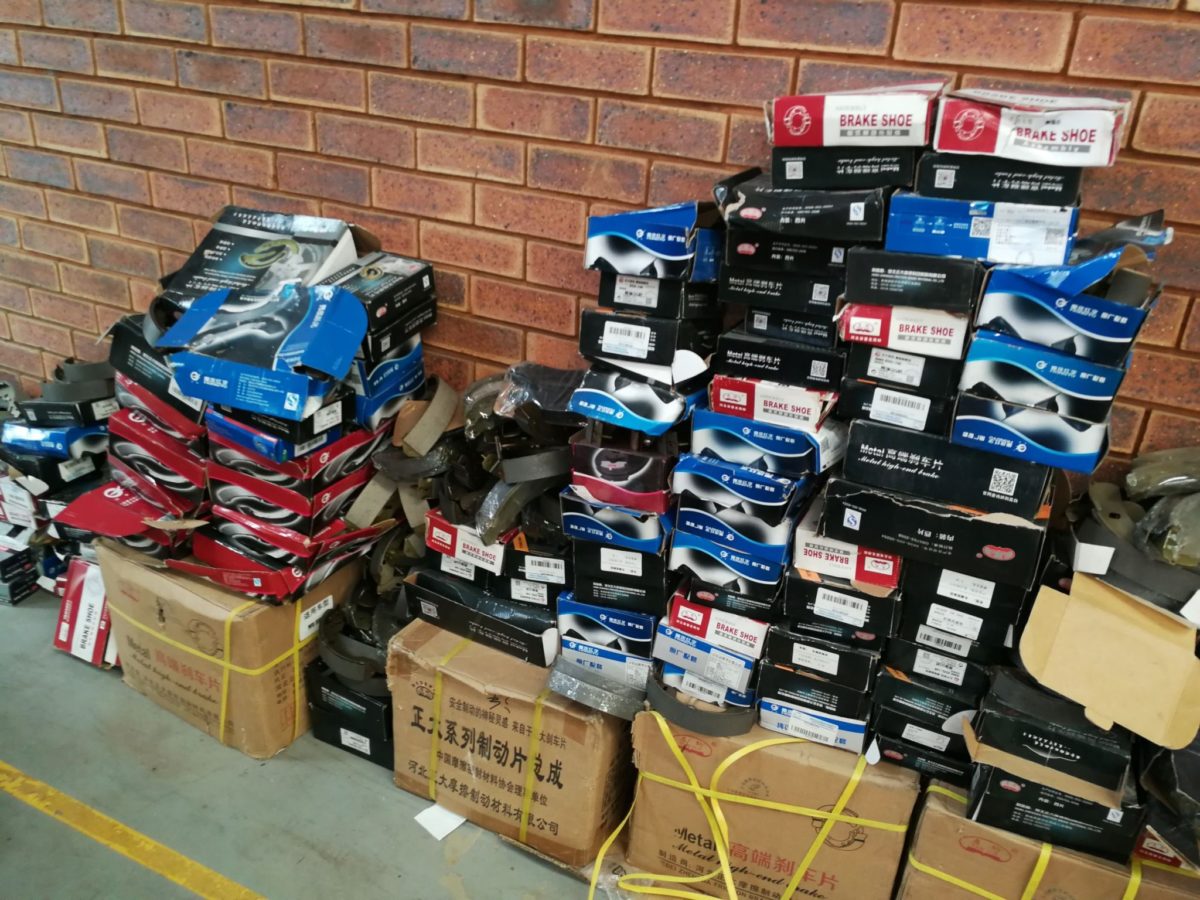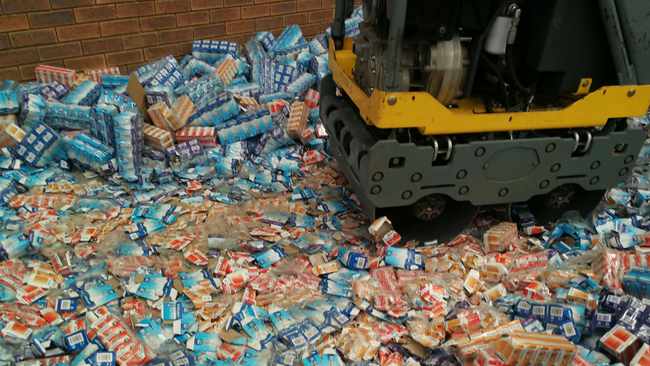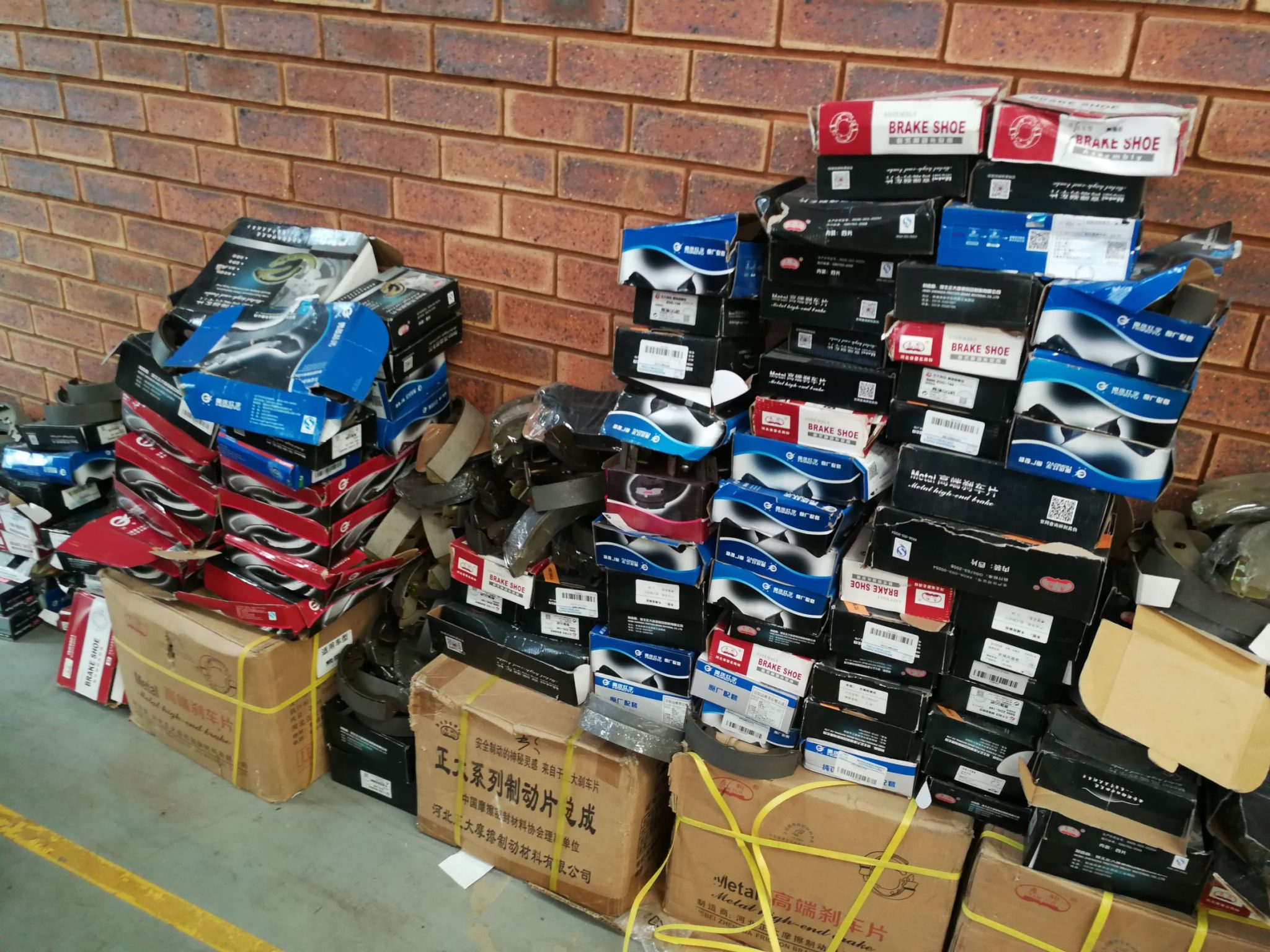Nitrogen in your tyres: What are the benefits?
By Vuyi Mpofu
Nitrogen gas is an alternative to compressed air but did you know that it’s good for your tyres too?
Many motorists use air in their tyres but very few seem to know about the benefits of using nitrogen instead. Since converting to nitrogen many years ago I can confidently attest to the numerous benefits of using it instead of air.
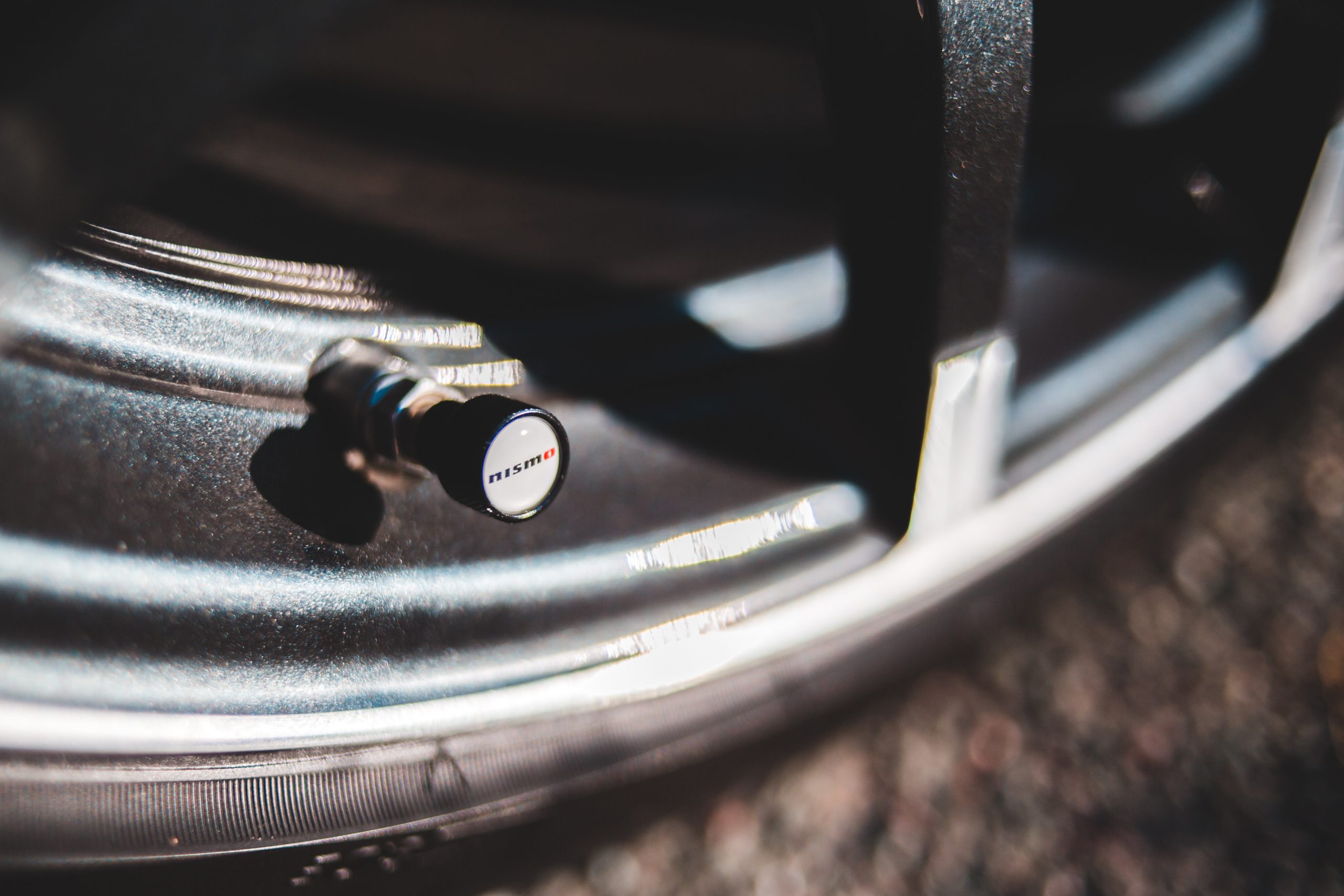
Before getting into an overview of the benefits of using nitrogen in your tyres, let’s first discuss what nitrogen is.
What is nitrogen?
The air we inhale comprises approximately 21% oxygen and 79% nitrogen. In its purest form, nitrogen is simply dry air that is completely devoid of oxygen. Nitrogen is:
- Non-combustible
- Non-corrosive
- Non-flammable
- Environmentally friendly
Unlike air, nitrogen does not oxidize (or weaken) the rubber of the tyre.
Of all known gasses, nitrogen has the biggest molecules which means it seeps through tyres much slower than air. As a result, it takes longer for a tyre pumped with nitrogen to lose pressure than one filled with air.
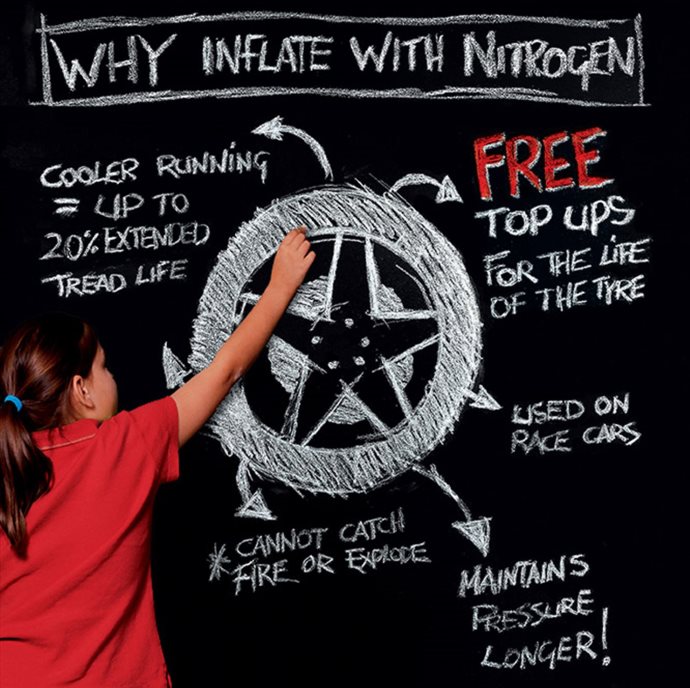
The benefits of using nitrogen:
As mentioned I am a firm believer in using nitrogen for the following reasons.
- Tyres run cooler because nitrogen does not hold heat, which drastically reduces instances of having a burst tyre.
- Cooler tyres also mean better handling on the road, here’s why: When tyres heat up, their inflation pressure increases, resulting in a smaller tyre footprint (the area in contact with the road). The smaller the tyre’s footprint, the less grip, so the cooler the tyre the better it grips
- Nitrogen reduces tyre pressure variation normally caused by fluctuating temperatures.
- Due to its molecular structure, nitrogen escapes through the tyre’s inner liner at a slower rate than air, meaning the pressure in your tyres will hold for longer.
- Nitrogen does not contain moisture, meaning a notable reduction in corrosion to the rubber of the tyres.

With the above in mind, I am sure you’ll agree that using nitrogen in your tyres is a good idea. As a result of the above-mentioned benefits, tyre manufacturers agree that nitrogen can improve a tyre’s lifespan by up to 20%.
While I’m not an expert, I am further encouraged by the fact that Formula 1 race car drivers use nitrogen in their tyres, and if it’s good enough for Sir Lewis Carl Davidson Hamilton, it’s good enough for me!
